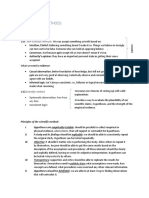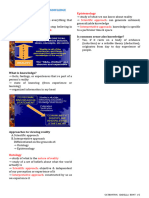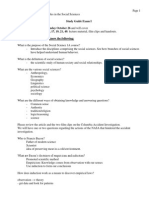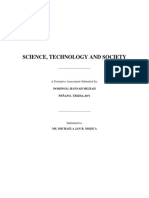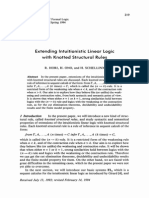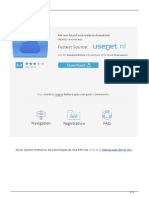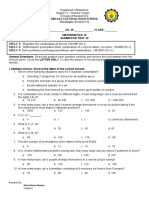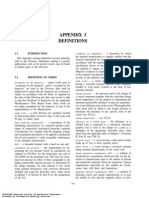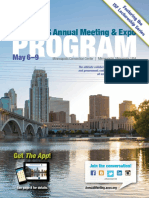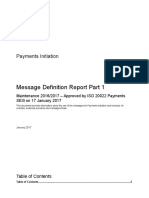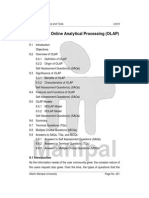STS MOD 1
REALITY AND KNOWLEDGE
Reality
- Appears to our senses
- Sometimes good for your own benefit, but can also be bad (still reality)
- Reality is INEVITABLE
“Real World” at present – observe and experience
KNOWLEGDE – experiences from the real world (reality)
Theory
- “Theoretical World”
- Experiences are converted into theories, ideas, and concepts
KNOWLEGDE
- Facts, feelings, experiences – a part of one’s reality
- State of knowing
- Organized ideas, experiences
A. Personal Knowledge
- Knowledge of their own (ex. Marites, someone who gossips)
- Sharing information to others (group of friends: community) – friends verify this, once verified turns
into Community Knowledge
- Cannot be a community knowledge if not accepted by the community
B. Community Knowledge
- Publication, verification, acceptance
Approaches to viewing reality
A. Scientific – objective, independent; unbiased, generalized (scientific evidences); factual
B. Interpretive – constructed by our experiences
- Our own experiences
- Specific to a particular time and space
Two Philo beliefs
Ontology - rely mostly of reality
Epistemology – study of knowledge
COMMON SENSE
- you don’t really think too hard about it
- also a knowledge
- rests on evidences and theory
- arises from less structured process and more often originates from day-to-day
�M2: Science Inquiry, Technology, and Impact on Society
MILETUS/MILESIANS
- what is reality made of?
- Supernatural expalanation is unrealiable
Thales of Milelus (624-546 Bc)
- Water
PYTHA
- “truth should not be accepted but be proved”
ARISTOTLE
- Induction, deduction
- Philosophy of science
- Physics, law, chemistry, logic, math, biology, lit, ethics,
- Generalization – predict rather than report what is happening
PTOLEMY
- Claudius ptolemaeus
- Alexandria
- Astrologer. Geographer
- Ptolemaic system – geocentric model – all planets and the sun revolve around the earth
- Map maker
Modern Period
FRANCIS BACON
- 1561 1626
- Scientific rev – emergence of modern science
- Phys, math, and natural transformed views of society and nature
- Phys causes and laws of nature
- Essence of a thing is deduced through reduction, and the use of inductive reasoning
Rene DESCARTES
- Cogito, ergo sum - I think therefore I am
- Founder of “rationalism” – data is inferior to pure reason
- Scientist, philosopher, math
- All science is based on math
- Attempts to create philo arguments as a key to science (mathematics)
-
KARL POPPER
- True scientist should look to falsify theory with observation that contradict them (foundation behind
scientific method)
- Logical empiricism
- What makes a scientific statement?
- Rulling of US judge William Overton
i. Guided by natural law
� ii. Has to be explanatory by reference to natural law
iii. Testable against the empirical world – claims can be observed in some way, if not
testable not scientific
iv. Conclusions are tentative – new evidence may be proven (empiricism)
v. Is falsifiable – find evidence against them
SCIENTIFIC METHOD
- Empirical and measurable
- Construct reliable, consistent, and non-arbitrary representation of the world
- General guideline – not all steps must be followed (or be in order)
- Rules of scientific inquiry in each step
OBSERVATION AND QUESTIONS
- Lead to formulation of questions
MAKE HYPOTHESIS (deduction)
- Probable answer to the res ques
- Stats Hypothesis – conjecture of population
-
COLLECT & ANALYZE DATA (induction)
-
CONCLUSION
DISCIPLINES IN SOCIAL SCIENCES





